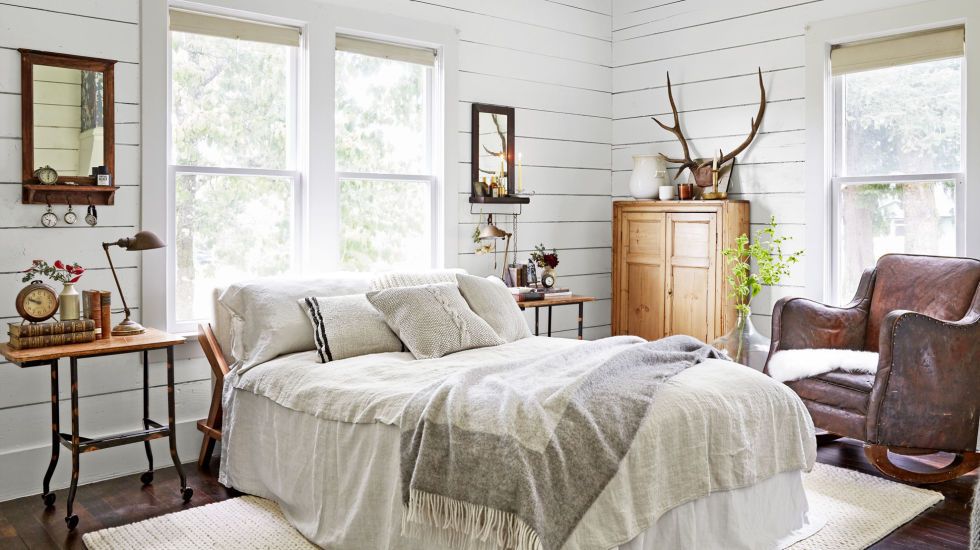A comfortable and cozy bedroom is essential for a restful sleep and overall well-being. Ventilation and insulation play crucial roles in maintaining an optimal indoor environment, ensuring proper airflow and temperature control. In this article, we will explore the significance of ventilation and insulation in bedrooms and provide valuable tips to create a serene and comfortable sleeping space.

1. The Role of Ventilation
Ventilation involves the exchange of indoor and outdoor air to maintain indoor air quality. In bedrooms, proper ventilation helps remove moisture, odors, and pollutants, promoting a fresh and breathable atmosphere. Insufficient ventilation can lead to a buildup of allergens, mold growth, and stale air, which may impact sleep quality and overall health.
2. Benefits of Proper Ventilation
- Improved Air Quality: Effective ventilation reduces indoor air pollutants, such as dust, pollen, and volatile organic compounds (VOCs), creating a healthier environment for sleep.
- Temperature Regulation: Proper airflow helps maintain a comfortable temperature in the bedroom, preventing overheating or excessive cooling.
- Moisture Control: Adequate ventilation minimizes humidity levels, reducing the risk of mold growth and ensuring a dry and comfortable atmosphere.
- Reduced Allergens: Ventilation helps disperse allergens, such as pet dander and dust mites, improving air quality for those with allergies or respiratory issues.
3. Strategies for Bedroom Ventilation
- Use Fans: Ceiling fans or portable fans help circulate air, preventing stagnant air pockets and maintaining a consistent airflow.
- Open Windows: Whenever possible, open windows to allow fresh outdoor air to enter and stale indoor air to exit.
- Air Purifiers: Consider using air purifiers with HEPA filters to further enhance air quality by removing particles and pollutants.
4. The Importance of Insulation
Insulation acts as a barrier that prevents heat transfer between the interior and exterior of a room. In bedrooms, proper insulation helps maintain a stable temperature, keeping the space warm during colder months and cool during warmer months. Inadequate insulation can lead to temperature fluctuations, discomfort, and increased energy consumption.
5. Benefits of Effective Insulation
- Energy Efficiency: Well-insulated bedrooms require less energy for heating and cooling, resulting in lower utility bills.
- Comfort: Insulation helps create a consistent and comfortable indoor temperature, enhancing sleep quality and relaxation.
- Noise Reduction: Insulation also contributes to soundproofing, reducing external noise and creating a peaceful sleeping environment.
6. Strategies for Bedroom Insulation
- Wall Insulation: Ensure that walls are properly insulated to prevent heat transfer and maintain a comfortable temperature.
- Window Treatments: Use curtains or blinds to help insulate windows, preventing drafts and heat gain.
- Door Seals: Install weatherstripping or door sweeps to seal gaps around doors, preventing drafts and maintaining indoor temperature.
7. Balancing Ventilation and Insulation
Achieving a balance between ventilation and insulation is crucial. While proper ventilation prevents moisture and maintains air quality, insulation ensures consistent temperature control. Combining both strategies creates an ideal sleeping environment that promotes comfort and overall well-being.
Conclusion
Ventilation and insulation are essential components of a comfortable and tranquil bedroom. Adequate ventilation promotes air quality and temperature regulation, while effective insulation ensures a stable and cozy environment. By implementing strategies for proper ventilation and insulation, you can create a serene sleeping space that supports restful sleep, relaxation, and overall health. Prioritizing these elements contributes to a well-designed bedroom that fosters a sense of comfort and rejuvenation.